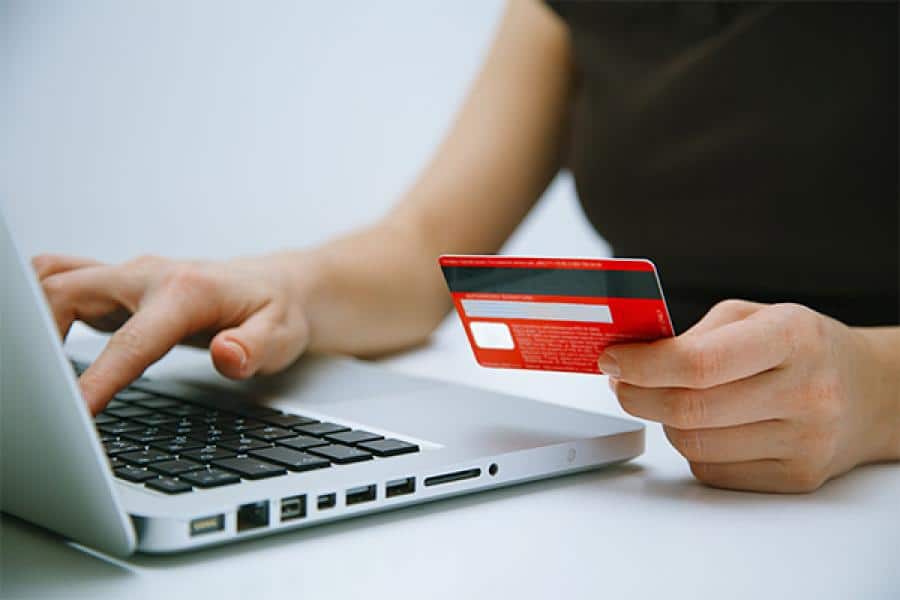
Going cashless with the digital payments is the new trend now a days.
What are digital payments?
Digital payments are transactions made over the internet or through technology-based systems, eliminating the need for cash or checks. They are a convenient and often secure way to conduct financial transactions.
Benefits of Digital Payments
- Convenience: Digital payments can be made anywhere, anytime, providing immense convenience to users.
- Speed and Efficiency: Digital transactions can be completed quickly without the need for physical exchange of cash or checks.
- Security: Many digital payment platforms have robust security measures in place, including encryption and fraud detection tools.
How to go cashless with digital payments?
Here are some of the best ways to go cashless through various types of digital payments:
- Debit and Credit Cards: These are the most common cashless options. They’re accepted almost everywhere, and they’re easy to use for in-person and online purchases. This is the easiest and most convenient way of getting access to your money without wading through bunches of cash. With debit and credit cards, you can easily pay off bills at clubs, bars and discos. To make payment convenient for people, many vendors are now accepting plastic cards, something they probably didn’t do before the demonetization drive. Many feel that using credit cards will attract hefty additional charges and interests. It’s not true! If you pay you bill within the due date, you won’t have to pay anything extra.
- Mobile Wallets: Services like Apple Pay, Google Pay, and Samsung Pay let you store your card information on your phone. You can then pay by tapping your phone at contactless payment terminals. This is the second most convenient option to go cashless. You add money to digital wallets like PayTm and FreeCharge. You can use the added money to pay for a variety of items, even groceries and movie tickets. You can use digital wallets like Ola Money to pay for app cab rides. Many yellow-black taxis accept payment through this mode. It is very easy and convenient. You can send money to other digital wallets of friends and family members. Digital wallets have completely revolutionized the way you pay your bills today, the most common of them being your mobile bills.
- Online Banking: Many banks offer online banking services that allow you to pay bills, transfer money, and make purchases without needing cash or a physical card. It is quite easy these days to get the net or online banking activated on your bank account. A simple form and you’re done! You will be given a user id and default password. Change it when you log in for the first time and you’re all set. Each time you want to make payments online or transfer money, you can use your net banking facility. Banks are extremely vigilant about securing your payment details, passwords, etc. You don’t have to worry about it at all. Through the NEFT or RTGS format, you can send money to other bank accounts. This can work as a payment mode to pay for various services. You just need the bank account details of the receiver.
- Contactless Cards: Some banks offer contactless cards that you can tap at payment terminals instead of swiping or inserting them.
- Peer-to-Peer (P2P) Payment Apps: Apps like Venmo, Paypal, Cash App, and Zelle allow you to send money to other people without needing cash. This is great for splitting bills, paying friends back, and more.
- Cryptocurrencies: While not as widely accepted as other methods, cryptocurrencies like Bitcoin provide a completely digital way to store value and make payments.
- Prepaid Cards: If you don’t have a bank account or credit card, prepaid cards can be a good option. You load money onto them and then use them like a regular debit or credit card.
- Direct Deposit: Instead of receiving physical paychecks, have your employer deposit your pay directly into your bank account.
- Automatic Bill Pay: Set up automatic payments for your recurring bills to have them automatically deducted from your bank account or charged to your credit card.
- E-Wallets: PayPal and other e-wallet services allow you to store money and make payments online without needing a bank account or card.
Remember, while going cashless can be convenient, it’s still important to keep track of your spending and to ensure your digital financial information is secure.
Top Digital Payments Service Providers & Tools
- WildApricot Payments
- Stripe
- Apple Pay
- Dwolla
- Due
- Square
- PayPal
- Stax
- Payment Depot
- Worldpay
- Amazon Pay for Business
- Melio
- GoCardless
- Paymerang
- Thryv
- Venmo for Business
- GPay
- Paytm
- PayU
- Razorpay
- PhonePe
- Instamojo
- BharatPe
- Cred
- BillDesk
- CCAvenue
These providers offer various services including online payment processing, mobile payments, peer-to-peer transfers, and more. Each has its own unique features and benefits, so it’s important to consider your specific needs when choosing a provider.
Risks and Challenges
- Cybersecurity Threats: Digital payments can be vulnerable to hacking, phishing, and other forms of cybercrime.
- Technical Issues: Glitches, downtime, or connectivity issues can disrupt digital payment services.
- Privacy Concerns: The collection and storage of personal and financial data by digital payment providers can raise privacy issues.
Best Practices for Secure Digital Payments
- Use Secure Networks: Avoid making digital payments on public Wi-Fi networks, which can be less secure.
- Update Apps and Devices: Regularly updating your devices and apps ensures you have the latest security patches.
- Monitor Accounts: Regularly check your bank and payment accounts for any suspicious activities.
Conclusion
Digital payments have revolutionized the way we conduct financial transactions, offering convenience, speed, and often enhanced security. However, they also come with challenges and risks, particularly relating to cybersecurity and privacy. By understanding these aspects and following best practices, users can enjoy the benefits of digital payments while mitigating potential risks.
It is true that demonetization is a bolt from the blue. However, it is also true that developed nations are already well ahead on the path of a cashless economy. That is the future. The sooner you embrace it, the better it is for you! You can opt for our Cashless Economy Awareness Course and feel confident.








0 Comments